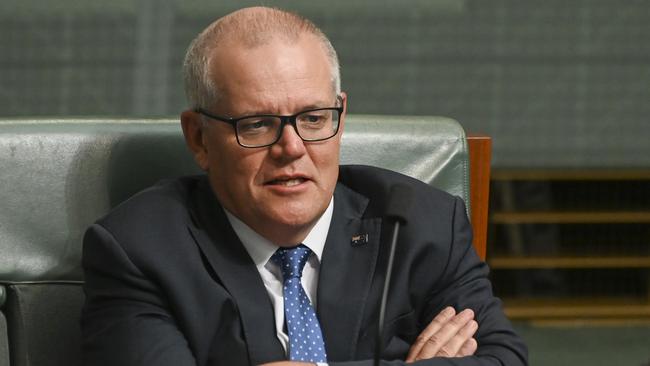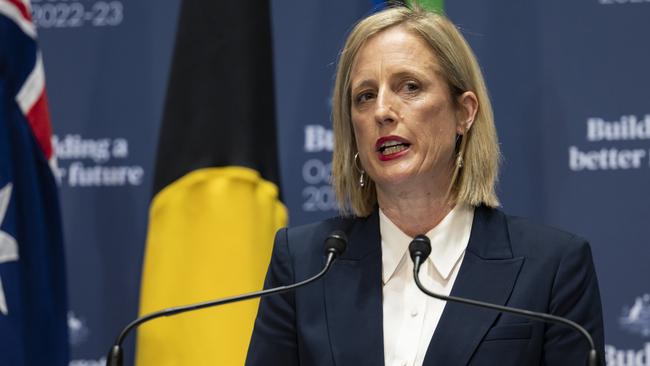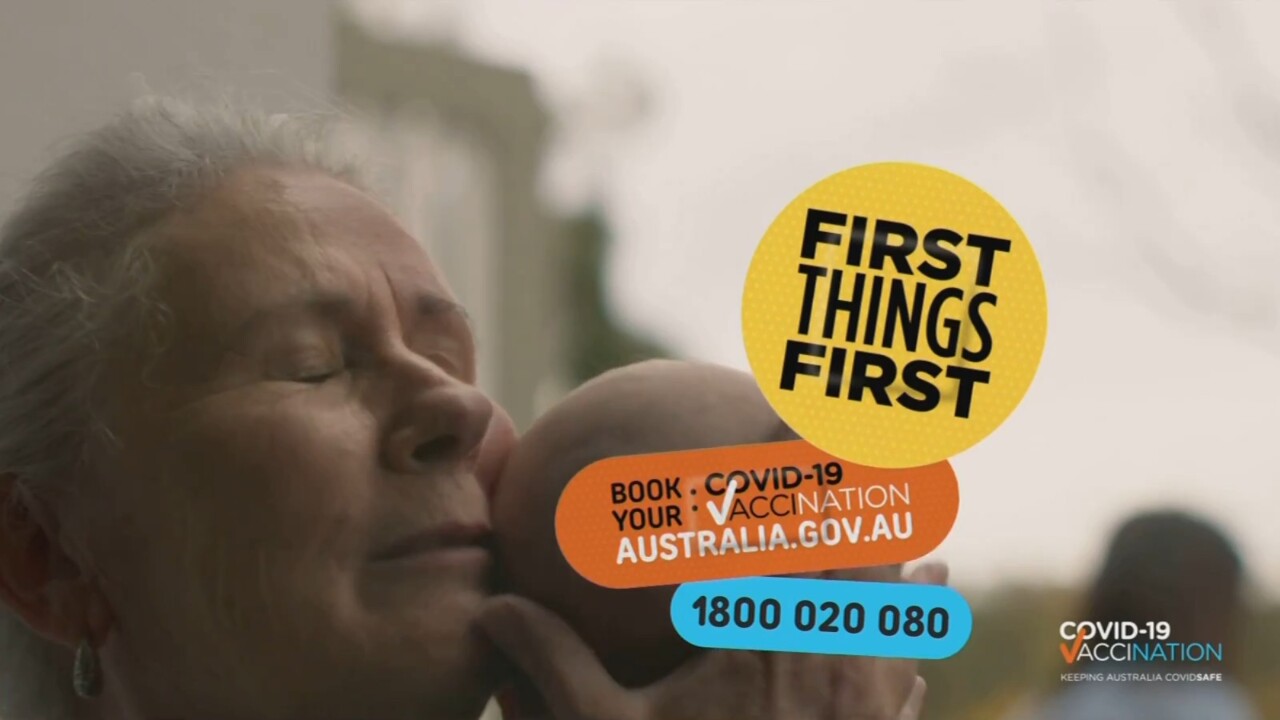Coalition outspent Harvey Norman and Woolworths on advertising in final year in government
The Morrison government increased spent a record $240m during its final year in office ahead of the May election.

The Morrison government increased spending on campaign advertising by 65 per cent to a record $240m during its final year in office, as the Coalition launched a media blitz about economic recovery, Covid-19 vaccinations and emissions policies ahead of the May election.
Ad Land cashed in when the planets of politics, statistics, climate and pandemic lined up and the federal government outspent the nation’s biggest private marketers such as Harvey Norman, Wesfarmers and Woolworths.
Amid calls for depoliticisation of advertising and harsh penalties for code breaches, the Albanese government has said it will ensure there is proper accountability and better value for taxpayers.
Labor promised to trim government advertising and to improve campaign vetting. It has committed to strip $570m from advertising, travel and legal expenses over four years, but has not detailed how it will do so.
Last month, Finance Minister Katy Gallagher told Senate estimates she had not reviewed the guidelines about government advertising, but said it was a priority.
A spokesman for Senator Gallagher said the government is in the process of reappointing the Independent Communications Committee, “so we have all the processes in place that will ensure that there is proper accountability under advertising campaign arrangements”.

In the run-up to this year’s poll, the Coalition was accused of running political messaging masquerading as public information, as government integrity became a key issue in a swath of marginal seats won by teal candidates.
The Australian can reveal the consolidated cost of campaigns last financial year, which includes spending on media, market research and creative development, is likely to exceed $300m.
Major media spending included $64m for Covid-19 vaccination, $40m for defence recruitment, $28m for the census, $27m for a plan to achieve net-zero emissions by 2050, $21m to run the election and $7.7m to promote the economic recovery.
Figures from the Department of Finance show $283.4m was spent across campaign and non-campaign media through the federal government’s Central Advertising System in 2021-22.
Ahead of elections, major parties typically increase government advertising. In 2015-16, the Turnbull government spent a then record $232m in consolidated costs, while the Gillard government outlaid $198m in 2012-13.
The consolidated figures for 2021-22, due to be published next month, are likely to show at least $60m in on-costs for creative services, market research and direct mail, which typically make up 20-30 per cent of total costs.
The Department of Health spent $30m in 2021-22 on add-on campaign costs to develop 16 Covid-19 vaccine campaigns and other communications.

On April 10, when Scott Morrison called the election, the federal government had 17 campaigns in the market, including one to spruik the recovery.
The $10m campaign was suspended by Treasury the next morning, saving around one quarter of the budgeted cost.
Labor claimed the ads, under the banner of Taking the Next Step, were poor value for money and flagrantly political.
In its annual report, Treasury said the campaign “aimed to reassure Australians and the business communities that there was an adaptable and future-focused plan in place for the economy”.
Last month the Grattan Institute said over the past 13 years, nearly $50m each year, or about one quarter of the annual total, was spent on campaigns that conferred a political advantage on the government of the day.
The institute called for tougher rules and tighter processes to prevent state and federal governments from exploiting taxpayer-funded advertising.
The Grattan report said campaigns should be allowed only where they are necessary to encourage specific actions or drive behaviour change, and called for an independent panel to assess ads before they are launched.
As well, if the panel deems an ad to be political, or not value for money, it should not run, while if an audit finds a campaign was approved without certification, the governing party should be liable to pay back the entire cost.








To join the conversation, please log in. Don't have an account? Register
Join the conversation, you are commenting as Logout